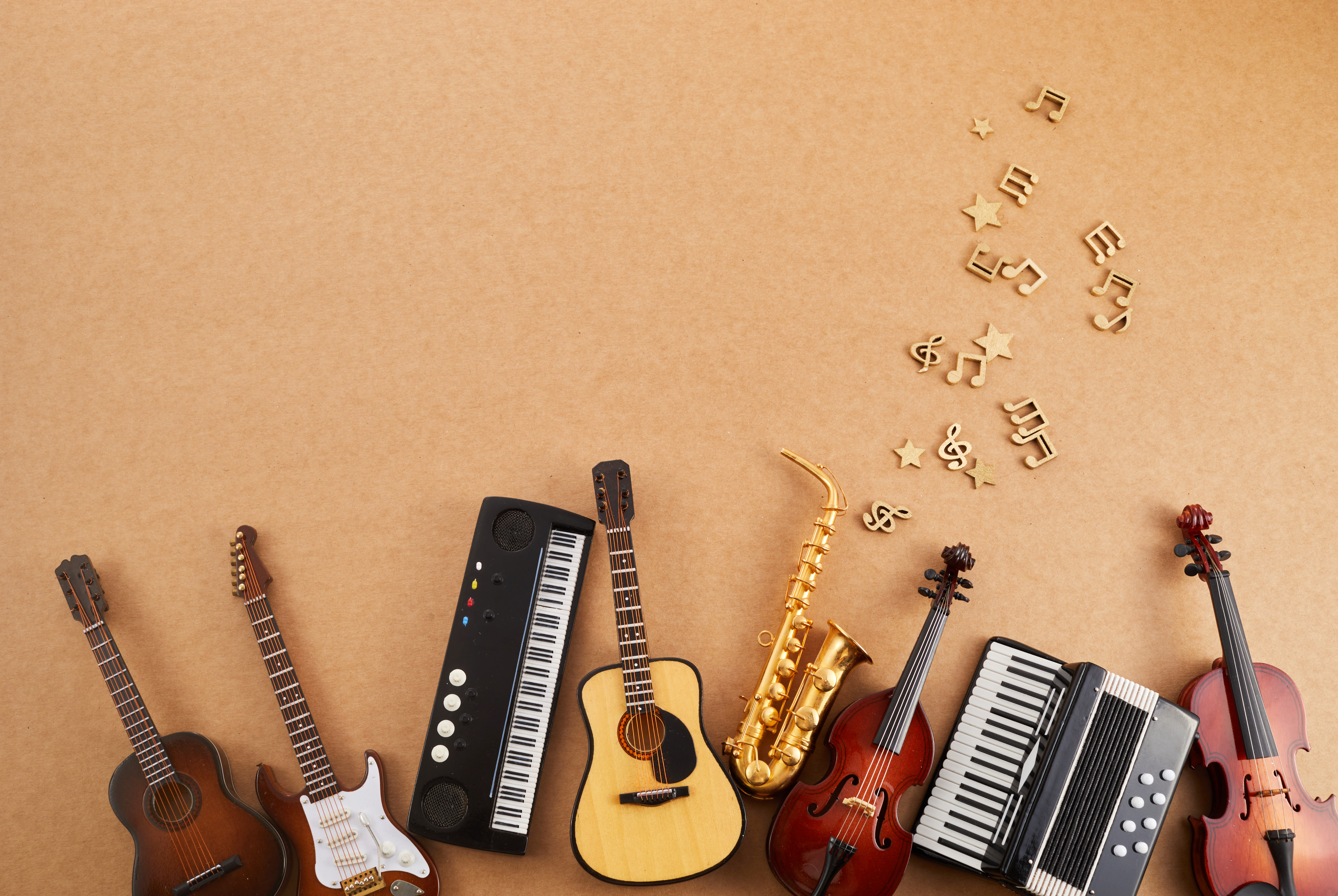Playing musical instruments can benefit older adults’ short-term memory and verbal reasoning ability

A recently published study with a large cohort of older participants shows that playing instruments can benefit their short-term memory and verbal reasoning ability. Particularly, those who played keyboard, brass, or woodwind instruments benefited the most. Verbal reasoning is a person’s ability to understand and interpret what they are reading.
We have long heard about the positive impact of us engaging with musical activities on the brain. For instance, music lessons can increase children’s cognitive ability, including attention and memory. The musical training people received when they were children also benefited their cognitive ability after they became young and older adults.
To further explore the relations between music and cognitive ability in a larger group of people, researchers collected data of cognitive ability from 1107 participants between 2019 and 2022. The average age of the participants was 68 years, and 83% of them were female.
The participants filled in a questionnaire, called the Edinburgh Lifetime Musical Experience Questionnaire (ELMEQ), to evaluate their levels of musical training and experience. The researchers used three different tests – paired associate learning, digit span, and self-ordered search – to assess individuals’ short-term memory. Then they used a test called Baddeley’s Verbal Reasoning to evaluate the participants’ verbal reasoning ability.
The data from the ELMEQ questionnaire show that 89% of the participants had played a musical instrument, 44% were still playing it, and 44% played in a musical group. In terms of the musical training levels, 78% of the participants had formal trainings, and most of them played for up to five years. During the years when they were playing instruments, 37% of them practiced 2 to 3 hours each week, 27% played less than an hour per week.
The participants who played an instrument performed notably better in both the short-term memory and verbal reasoning ability tests, compared with those who never played. Particularly, the participants who played keyboard and brass instruments had better short-term memory; those who played woodwind instruments showed better verbal reasoning ability.
“The findings confirm those reported in previous studies, adding strength to the evidence base relating to musical engagement and cognitive health, and highlighting the potential value of education and engagement in musical activities throughout life as a means of harnessing cognitive reserve as part of a protective lifestyle for brain health,” the researchers wrote in their published paper.
This study was published in Geriatric Psychiatry. Image credit: Canva
Got any comments or questions on this article? Please reach out to me on LinkedIn, X (Twitter), or the CONTACT ME page, I would love to hear thoughts from you.
Share this article:






